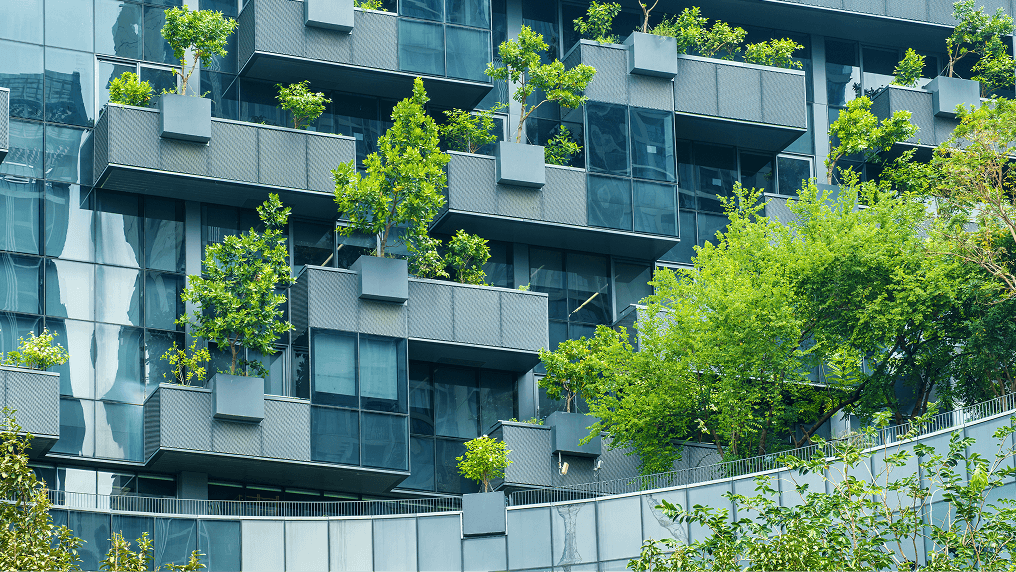Streamed on 6th July 2021
Cities play a key role in the transition to a circular economycircular economyA systems solution framework that tackles global challenges like climate change, biodiversity loss, waste, and pollution. It is based on three principles, driven by design: eliminate waste and pollution, circulate products and materials (at their highest value), and regenerate nature.. Currently, cities are grappling with the effects of our current take-make-waste, linear economylinear economyAn economy in which finite resources are extracted to make products that are used - generally not to their full potential - and then thrown away ('take-make-waste').. They consume over 75% of natural resources, produce over 50% of global waste, and emit 60-80% of global greenhouse gases. At the same time, cities continue to grow; by 2050, two-thirds of us will live in cities. They are engines of economic growth and centres of culture, innovation, and learning. As city governments look to recover from the effects of the COVID-19 pandemic and address major challenges like the climate crisis, the circular economy offers a systems solutions framework that can unlock economic, environmental, and society-wide benefits.
City governments can enable, lead, and involve other key stakeholders from across the public and private sectors, using the wide range of policy levers and measures at their disposal. In this episode, we will hear from the Ellen MacArthur Foundation’s three Strategic Partner Cities— London, New York City, and São Paulo—about advancing the circular economy and mobilising systems solutions.







